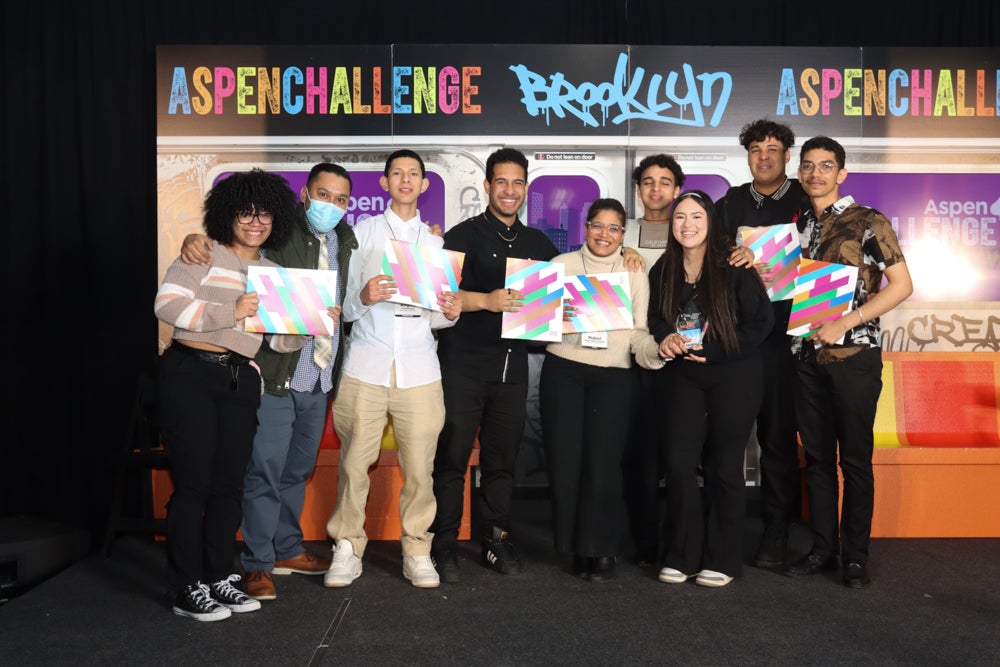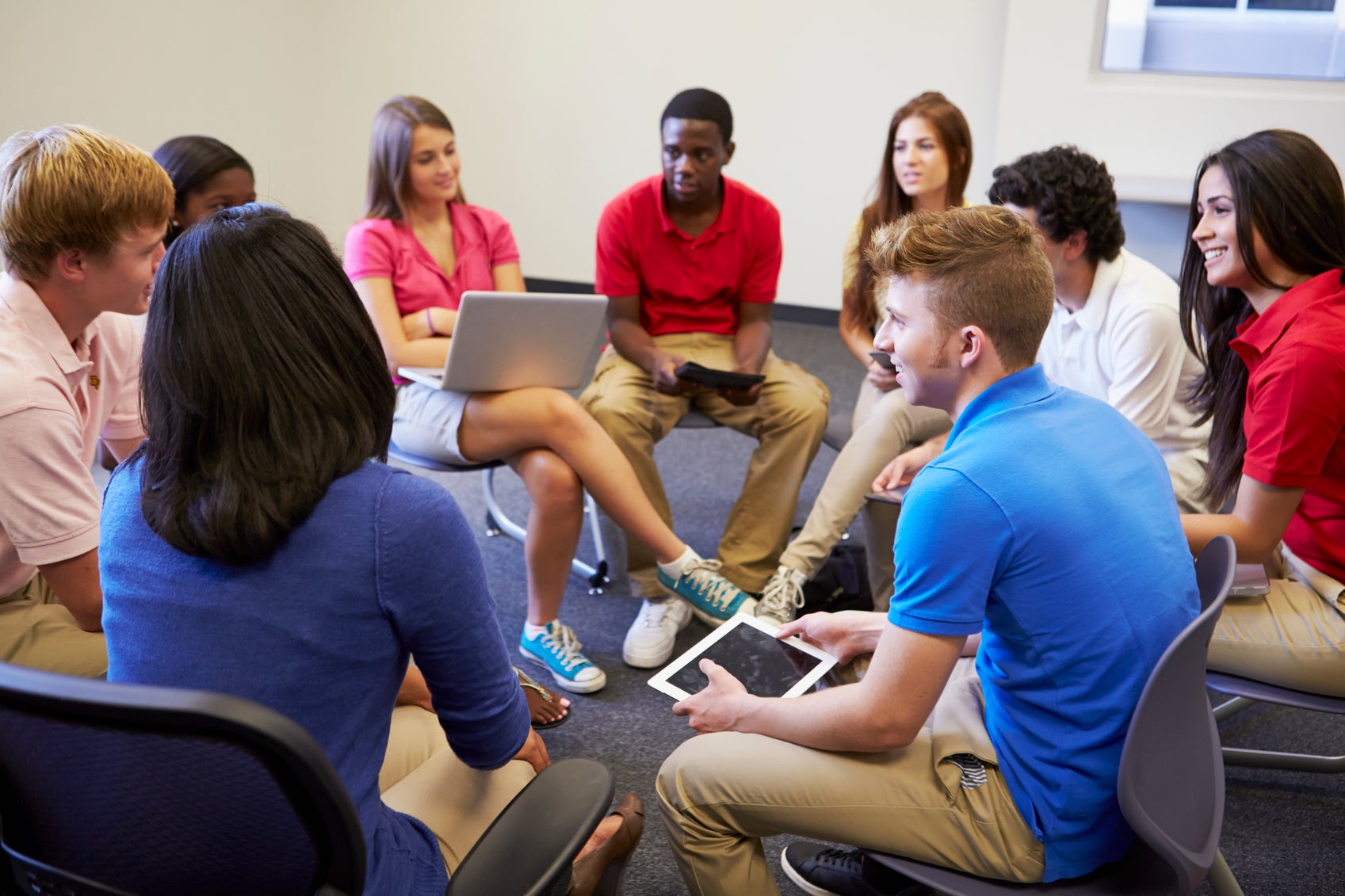We Americans seem to have lost the ability to talk to one another—to have civil, meaningful conversations that both deepen understanding and allow us to craft solutions to common problems.
A generation ago schools, churches and civic organizations provided opportunities for many citizens to practice the art of effective civil discourse. Ideally, these institutions taught young people to employ reason, empathy, persuasion and compromise to reach mutually acceptable conclusions. However, in our rapidly changing society these institutions have proven unable to provide many young people with the necessary opportunities to practice these skills. Complicating matters further, a new generation of digital natives is coming of age having learned the norms of civil discourse where they choose to spend most of their time and energy—in their online communities.
How Technology and Media Shape My Experiences with (In)Civil Discourse
New York University freshman Garcia delivers a powerful poem on the effects of technology on young people’s understandings of and experiences with civil discourse at the Aspen Institute’s 2017 Youth & Engagement Programs’ convening, Civil Discourse in a Fractured Age.On one hand, the internet has allowed legions of formerly marginalized or isolated individuals to enter into the public conversation, but on the other hand, it has led to the proliferation of countless micro-communities that have little exposure to values or world views that differ substantially from their own. What does all this mean for the future of our democracy? How will future generations of Americans learn to engage in effective discussions with people from all parts of our increasingly diverse, splintered and digitally connected society?
In order to answer these questions, the Aspen Institute’s Youth and Engagement Programs (Y&E Programs) engaged a diverse group of cross-sector experts to discuss what we know about how technology is shaping the way young people learn pro-social behaviors like civil conversation, cooperation, and negotiation, as well as to devise creative ways in which we might provide more young people with these fundamental skills.
On November 7-8, 2017, seventy people came together in Washington, DC to engage in all aspects of this complex issue to join this endeavor. They included:
- Leaders in the fields of civic and digital education and scholars who are conducting research in related fields to share their work and to participate in solutions-minded conversations;
- Leaders from the technology world to share in-depth information about how young people communicate and organize themselves online, and to help us consider new ways in which technology might be employed to enhance civil discourse among all Americans;
- Teachers of social studies, civics and related subjects, who can provide an honest assessment of the current situation and what sort of impact existing programs are having on young people;
- Leaders of non-profit organizations and associations that are most effective in this sphere to share their work.
Most importantly, Y&E Programs included a group of vibrant young people, like Garcia, to help devise ideas and potential solutions.
In addition to facilitating a robust exchange of information, the convening surfaced more than 100 ideas of possible solutions to the challenge of providing more young people with the skills necessary for civil discourse in the internet age, and the follow-up outreach led to additional exciting ideas.
Y&E Programs plans to pilot a number of these ideas and hope that similarly minded organizations will partner with the Division and/or develop their own programs to test these proposed solutions across diverse communities. Eventually, Y&E Programs hopes to work with our partner organizations to expand successful pilot programs to reach as many young people as possible.

